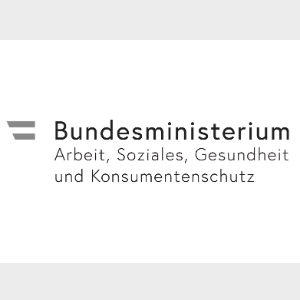How can voluntary cross-border collaboration in public procurement improve access to health technologies in Europe?
Download
This policy brief examines the legal framework put in place by the European Union to foster voluntary cross-border collaboration in the field of public procurement of health technologies, it looks at recent experiences and developments in cross-border collaboration across Europe; and explores the challenges and opportunities that such cross-border collaboration presents. It was written to inform discussions under the Maltese EU Presidency in 2017.
The brief’s key messages are:
- There is a growing interest in further developing cross-border collaboration in the field of health, both at a bilateral and a multilateral level. This is supported by European Union (EU) legislation and policies, and extends to improving access to health technologies.
- Changes in health technologies markets, such as the generalization of managed entry agreements (MEAs) and the prevailing lack of price transparency – particularly in price discounts – require different approaches to those applied in the past.
- There is a sound rationale for increased voluntary collaboration between countries in the procurement of health technologies:
- to enhance transparency through better information sharing
- to enable cross-country learning by sharing experience
- to strengthen bargaining power and mitigate overly high transaction costs by pooling skills, capacities and through joint negotiations
- to ensure sustainable access to health technologies by sharing resources through cross-border exchange of products in short supply.
- However, in practice, developing sustainable cross-border collaboration in procurement seems to be challenging. Experiences in Europe are still limited and too recent to really allow clear lessons to be drawn about their effectiveness and impact.
- Nevertheless, it is clear that related initiatives would require strong political commitment and mutual trust between purchasing partners in order to succeed. It is therefore advisable that they be built progressively, starting with collaboration in information sharing and knowledge exchange, before moving towards joint purchasing activities.





















